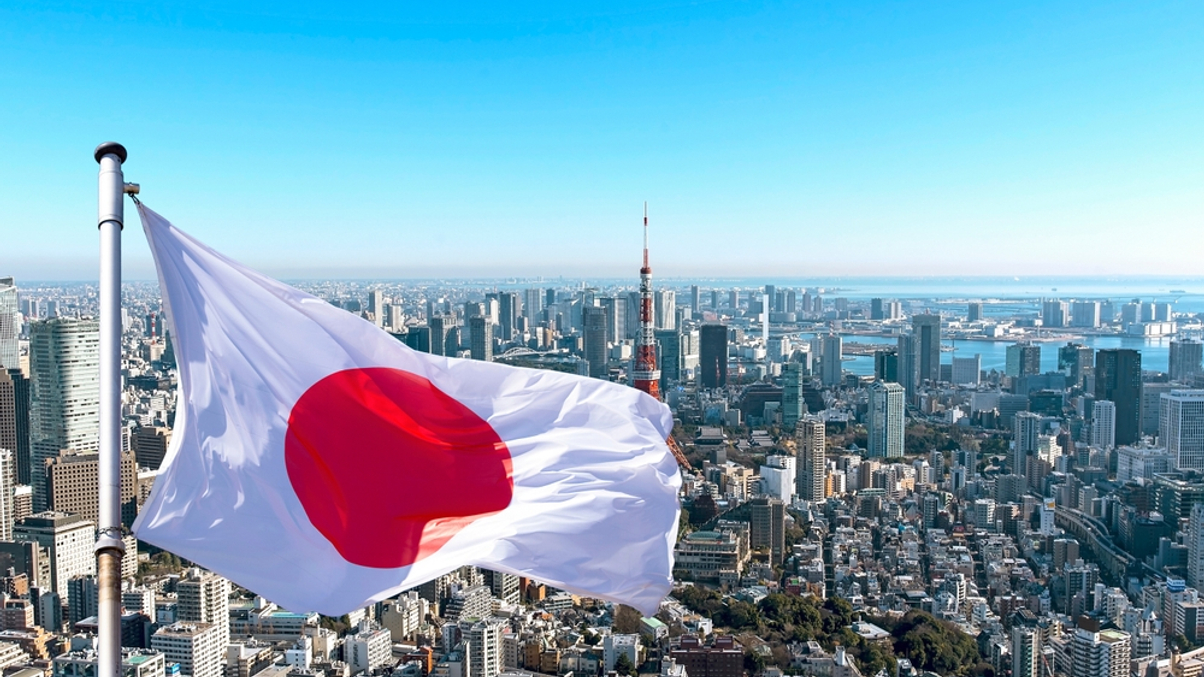Interest in Japanese real estate grows despite rate rise prospects
Institutions and family offices are backing real estate for another strong year, despite the prospect of the country’s first interest rate rise since 2007.

Institutional investors and wealthy individuals from Asia Pacific (APAC) continue to favour Japan’s real estate market, despite headwinds for the sector presented by possible interest rate rises, as new data reveals sharp falls in flows in the fourth quarter of 2023.
Sign in to read on!
Registered users get 2 free articles in 30 days.
Subscribers have full unlimited access to AsianInvestor
Not signed up? New users get 2 free articles per month, plus a 7-day unlimited free trial.
¬ Haymarket Media Limited. All rights reserved.


